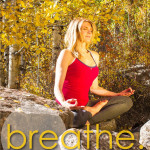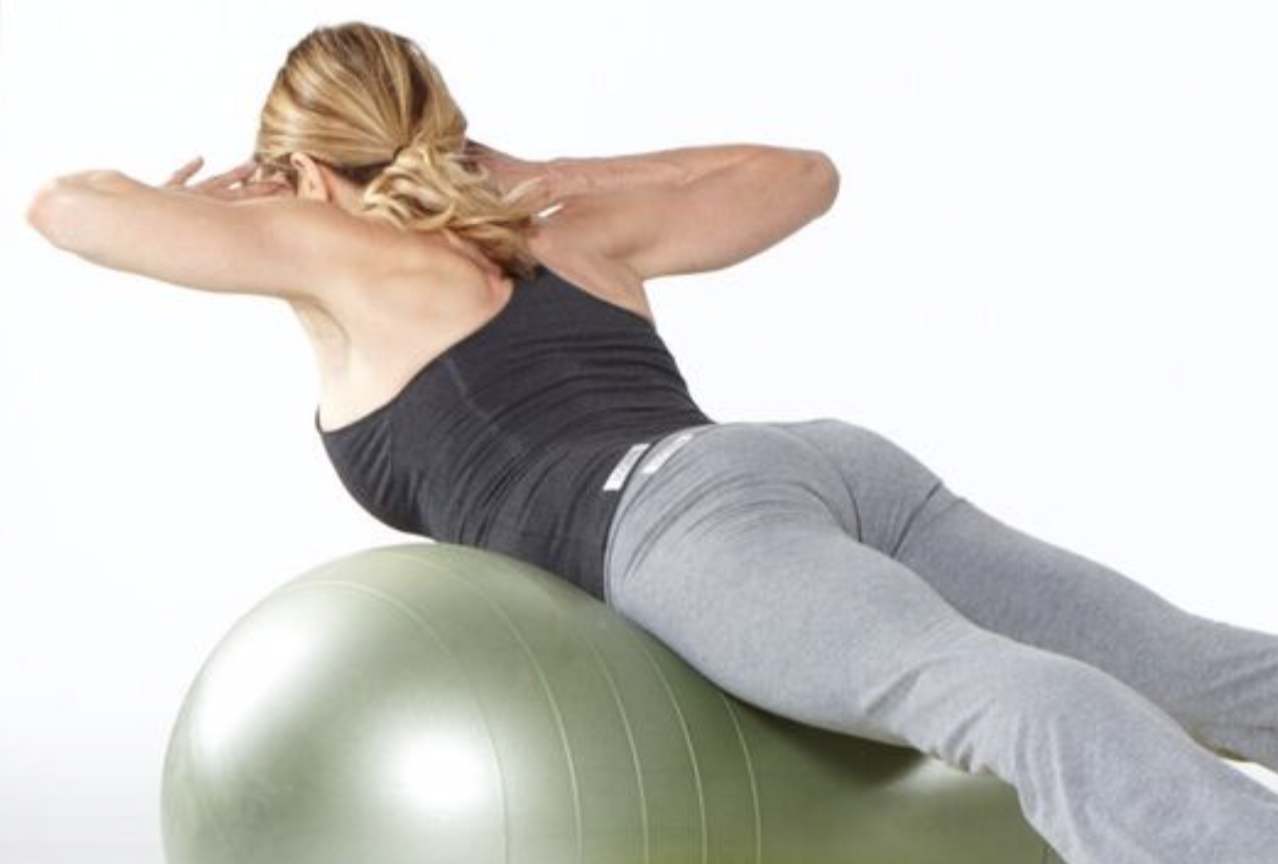This week, I was curled up in a warm blanket, soaking up the morning sun through the window and scrolling through my morning New York Times. When I read this article about the power that a few deep breaths can do, I immediately breathed in, slowly exhaled, and repeated four times. Wow, that simple practice is so simple and yet so profound.
Check out the latest research on controlled breathing…
“Controlled breathing, like what you just practiced, has been shown to reduce stress, increase alertness and boost your immune system. For centuries yogis have used breath control, or pranayama, to promote concentration and improve vitality. Buddha advocated breath-meditation as a way to reach enlightenment.
“Science is just beginning to provide evidence that the benefits of this ancient practice are real. Studies have found, for example, that breathing practices can help reduce symptoms associated with anxiety, insomnia, post-traumatic stress disorder, depression and attention deficit disorder.
“’Breathing is massively practical,’ says Belisa Vranich, a psychologist and author of the book ‘Breathe,’ to be published in December. ‘It’s meditation for people who can’t meditate.’
“How controlled breathing may promote healing remains a source of scientific study. One theory is that controlled breathing can change the response of the body’s autonomic nervous system, which controls unconscious processes such as heart rate and digestion as well as the body’s stress response, says Dr. Richard Brown, an associate clinical professor of psychiatry at Columbia University and co-author of ‘The Healing Power of the Breath.’
“Consciously changing the way you breathe appears to send a signal to the brain to adjust the parasympathetic branch of the nervous system, which can slow heart rate and digestion and promote feelings of calm as well as the sympathetic system, which controls the release of stress hormones like cortisol.”
If you’re ready to try the basic breathing exercises on your own, start with this simple 2-minute breathing exercise. Try it when you get out of bed in the morning, or before you slip into the sheets at night.








